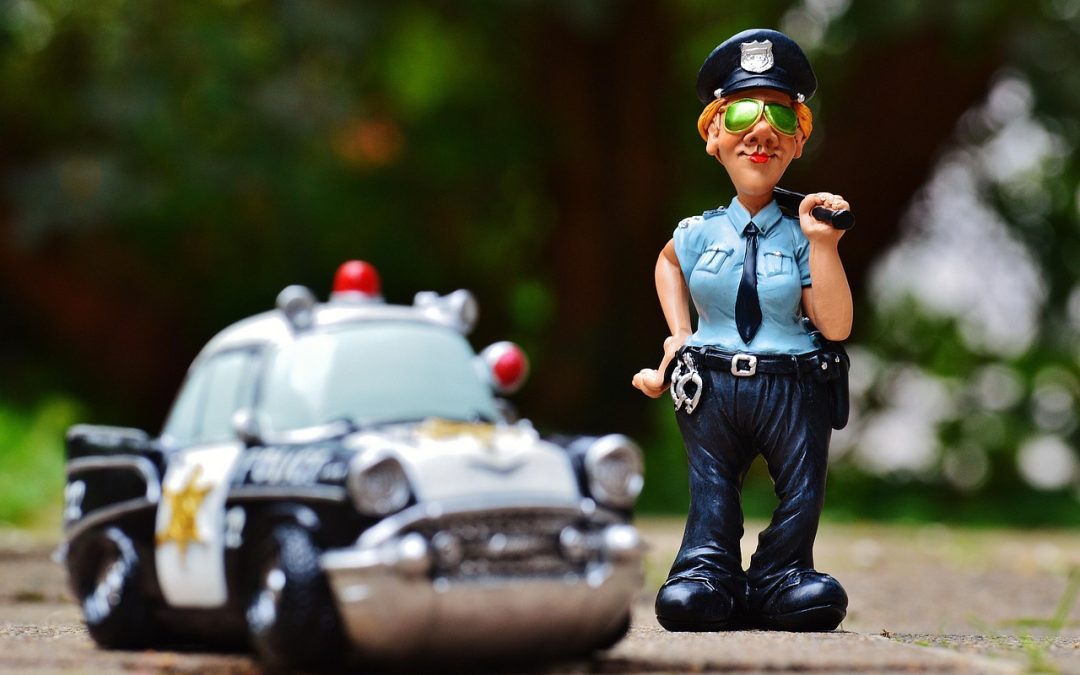As we continue to navigate the complexities of modern life, it’s essential to understand our rights when interacting with law enforcement. With the widespread use of smartphones and cameras, one question frequently arises: can police seize your phone or camera for recording? It’s crucial to know your rights and assert them appropriately, ensuring both safety and accountability in these situations.
Understanding Your Rights
The Fourth Amendment protects individuals from unreasonable searches and seizures. However, this doesn’t necessarily mean they can’t seize your phone or camera in certain circumstances. To better understand when they can and can’t, let’s delve into the nuances of this topic.
In general, if you’re in a public place, you’re allowed to record police interactions as long as you’re not interfering with their duties or compromising anyone’s safety. This is grounded in the First Amendment, which protects freedom of speech and the press.
When Can Police Seize Your Device?
There are specific scenarios where they may seize your phone or camera:
- With a warrant: If law enforcement obtains a valid warrant, they can seize your device as part of a legitimate investigation.
- With probable cause: If police have probable cause to believe your device contains evidence related to a crime, they may seize it.
- In exigent circumstances: If law enforcement reasonably believes there’s an immediate threat to someone’s safety or that evidence might be destroyed, they may seize your device.
Asserting Your Rights and Staying Safe
When interacting with police, it’s essential to remain calm and assert your rights clearly:
- Be polite and respectful: Avoid confrontations or arguments, which can escalate the situation.
- Clearly state your intentions: Let the officer know you’re recording for your own protection or to document the event.
- Don’t resist or obstruct: If the officer asks you to stop recording or hand over your device, comply to avoid any potential risks or complications.”
“The right to criticize and disagree with government policies is at the very core of the First Amendment. It is this freedom that enables the citizen to exercise the most important function in a democratic society, namely, to criticize and change his government through free exercise of the electoral process.”
In conclusion, understanding your rights when recording police interactions is crucial. Remember to stay calm, assert your rights clearly, and prioritize safety above all else. Familiarize yourself with local laws and regulations, and stay informed about changes in your area. By being aware of your rights and responsibilities, you can help promote accountability, transparency, and a safer community for everyone.
The information at Observed.Org may not pertain to every jurisdiction. It is YOUR responsibility to know your rights and observe them. Nothing here should be considered legal advice.

